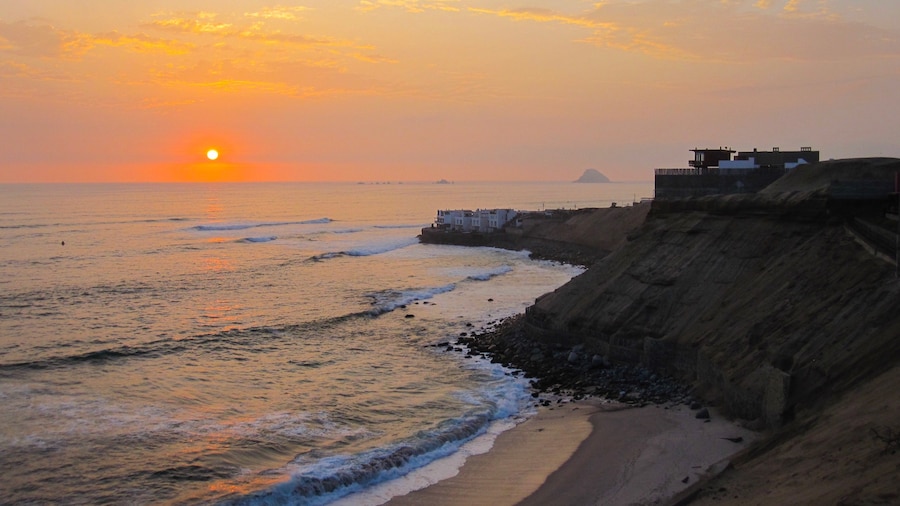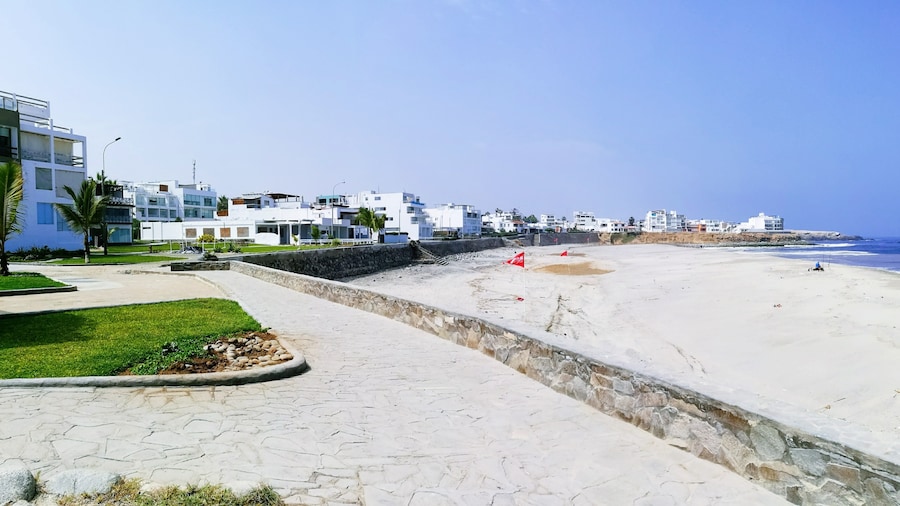The Pachacamac is an ancient temple that stands today as one of the principal surviving archeological wonders in Peru. The area, which covers several square miles, was used as a religious centre. Most of its buildings were constructed over about a millennium dating back to around A.D. 200. The site consists of 17 pyramids, a cemetery and antique works of art. The area withstood the rise and fall of several empires, so you can see evidence of the different groups who lived there and added to the site. It is an ideal spot to observe historical relics from an era before the European settlement of Peru.
Learn about the indigenous groups who lived on and around the Pachacamac, such as the Moche, Huari and Inca cultures. Discover interesting facts about the chief deity, Pacha Kamaq, from where the temple takes its name. He was known as the creator god. Take a guided tour in English of the ruins. It should take a couple of hours. Listen to stories about the Incas’ ancient oracle, who was considered one of the most important in Peru.
Peruse the mud-clay buildings and picture yourself in the middle of a thriving ancient civilization. Visit the better-known temples in the complex, such as those devoted to the sun and the moon. The Temple of the Sun was made from an estimated 50 million mud bricks.
Enjoy panoramic views of flat desert land that stretches for miles around in every direction. The Pacific Ocean lies beyond the desert to the west, with the foot of the Andes Mountain Range to the east. They are both visible from the temple.
Many of the pyramids have been damaged by the floods and droughts that periodically effect the western parts of South America.
The Pachacamac is situated 25 miles (40.2 kilometres) to the southeast of Lima along a Pan-American highway. It is nestled in the Valley of the Lurin River. Take a tour from the centre of Lima. These usually include hotel pick-up and drop-off. A taxi journey should take around an hour. There is a small entrance fee at the complex.














